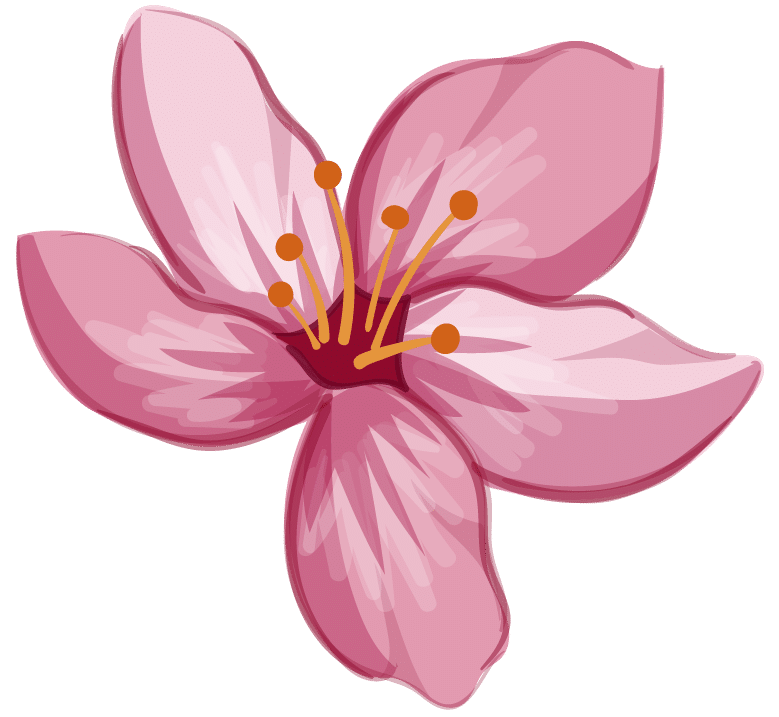Welcome to our comprehensive guide on unlocking your inner wordsmith! If you’ve always been fascinated by poetry and have a burning desire to express yourself through words, you’ve come to the right place. In this article, we will delve deep into the art of writing poetry, providing you with essential tips and techniques to help you craft beautiful and meaningful verses. Whether you’re a beginner or a seasoned poet looking to enhance your skills, we’ve got you covered. So, let’s begin this poetic journey together!
Understanding the Essence of Poetry
Before we dive into the intricacies of writing poetry, it’s important to grasp the essence of this art form. Poetry is a unique and powerful mode of expression that allows us to convey complex emotions, thoughts, and experiences in a condensed and evocative manner. It captures the beauty of language, rhythm, and imagery, painting vivid pictures with words. Whether you aim to write sonnets, haikus, or free verse, understanding the essence of poetry will serve as a strong foundation for your creative endeavors.
Finding Inspiration
The first step on your poetic journey is finding inspiration. Poetry draws its strength from the world around us, so it’s crucial to immerse yourself in your surroundings and seek inspiration from various sources. Nature, personal experiences, relationships, and even mundane everyday moments can spark the flame of creativity within you. Take long walks in the park, observe the play of light and shadow, listen to the whispers of the wind, and let your senses guide you towards the subjects that resonate with your soul.
Nurturing Your Language Skills
A poet’s arsenal is built upon a rich and diverse vocabulary. The mastery of language is essential for conveying your thoughts and emotions effectively. To nurture your language skills, indulge in the pleasure of reading. Explore works of renowned poets, delve into classic literature, and explore contemporary poetry. Pay attention to the nuances of language, the flow of words, and the intricate patterns that make a poem come alive. By immersing yourself in the works of others, you’ll expand your vocabulary and develop a keen sense of what works in the realm of poetry.
Embracing Metaphorical Thinking
Metaphors and similes are the lifeblood of poetry. They breathe life into your verses, transforming mundane descriptions into vivid and memorable imagery. Embrace the power of metaphorical thinking by seeking connections between seemingly unrelated objects or ideas. Allow your imagination to wander freely, and experiment with unique and unexpected comparisons. By weaving metaphors into your poetry, you’ll add depth, richness, and layers of meaning that resonate with readers on a profound level.
Harnessing the Power of Emotion
Poetry is an emotional journey, and the ability to evoke and convey emotions is at the heart of this art form. To harness the power of emotion in your poetry, tap into your own experiences and emotions. Reflect on moments of joy, sorrow, love, and longing, and channel those feelings into your verses. By infusing your poetry with genuine emotion, you’ll create a profound connection with your readers, leaving a lasting impact on their hearts and minds.
Playing with Structure and Form
While poetry allows for freedom and experimentation, understanding the basic structures and forms can provide a solid framework for your creativity. Explore different poetic forms such as sonnets, ballads, haikus, and villanelles. Each form has its own unique rules and patterns, offering you a canvas to paint your words upon. Experiment with rhyme schemes, meter, and line breaks to create a harmonious interplay of sound and rhythm. Remember that structure and form should enhance, rather than restrict, your poetic expression.
The Importance of Revision
Writing poetry is a continuous process of refinement and revision. Once you’ve poured your thoughts onto paper, take a step back and revisit your work with a critical eye. Look for areas where you can strengthen your word choices, improve the flow of your verses, and enhance the overall impact of your poem. Trim unnecessary words, rearrange lines, and strive for clarity without sacrificing the magic of ambiguity. Embrace constructive feedback from fellow poets or trusted friends, as their perspectives can provide valuable insights and help you polish your work to perfection.
Conclusion
Congratulations on embarking on this poetic journey! By unlocking your inner wordsmith, you’ve opened the doors to a world of creativity and self-expression. Remember to find inspiration in the world around you, nurture your language skills, embrace metaphorical thinking, harness the power of emotion, play with structure and form, and most importantly, enjoy the process of writing poetry. As you continue to hone your craft, your words will resonate with readers, and your poetry will find its rightful place amongst the greats. So, go forth and let your pen dance upon the pages, for the world eagerly awaits the magic of your verses!



